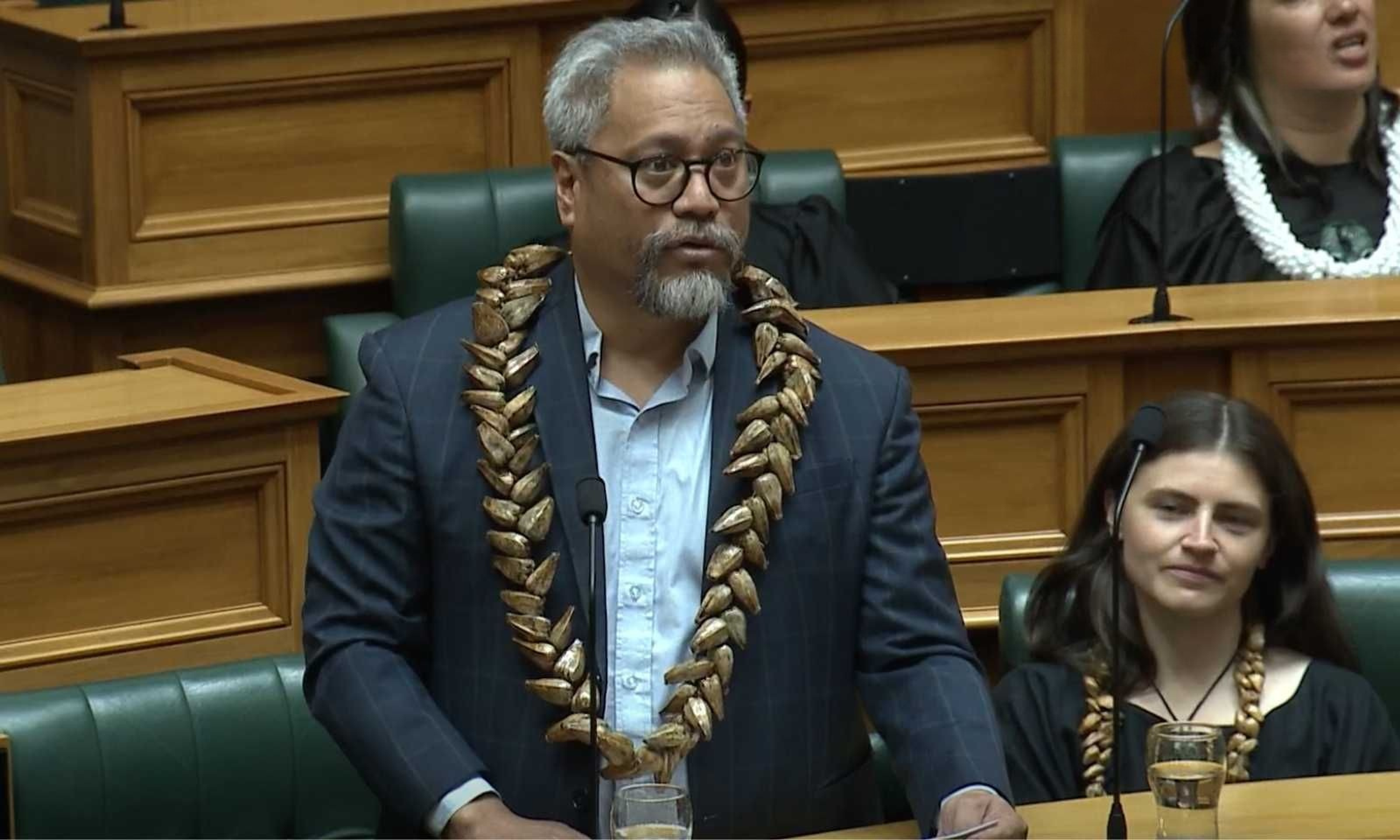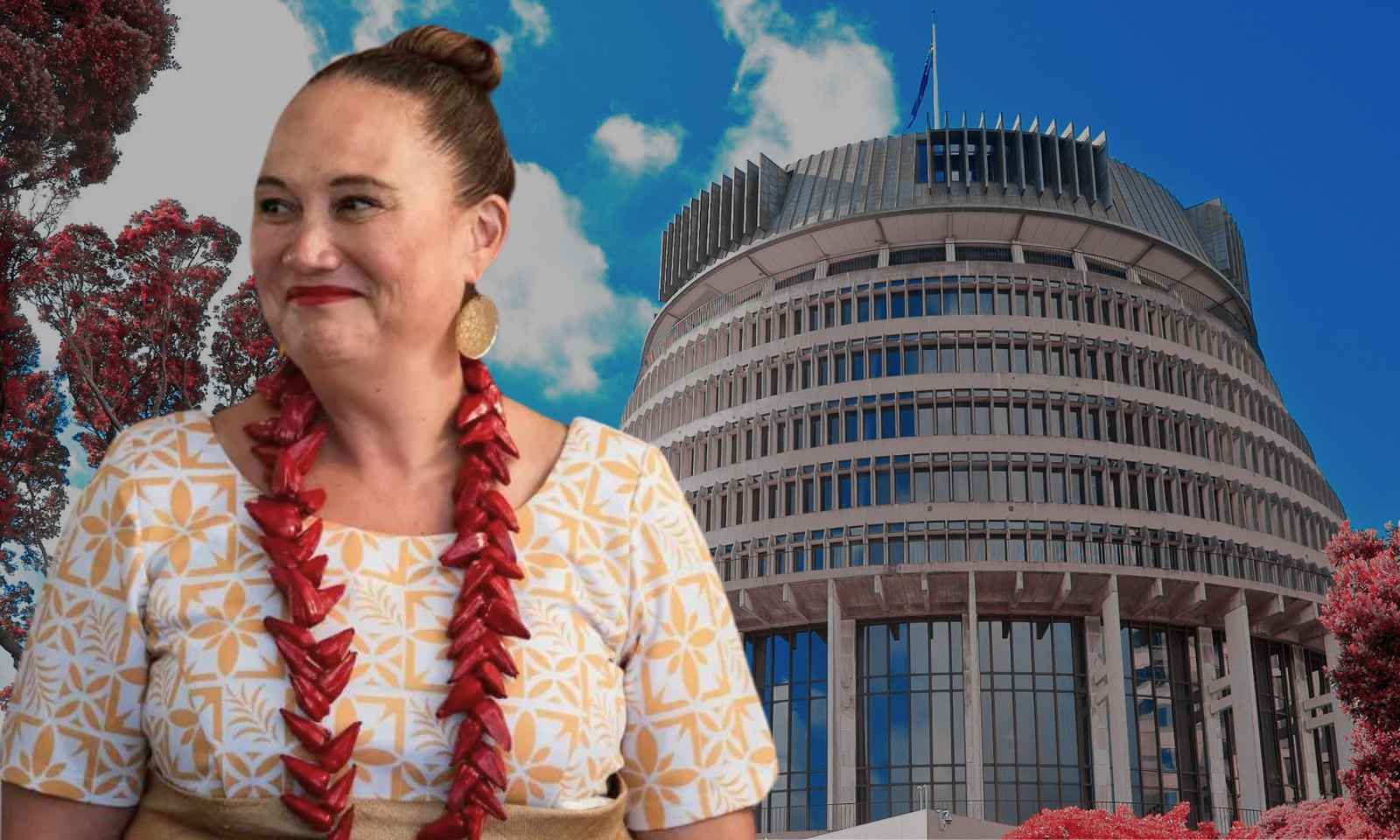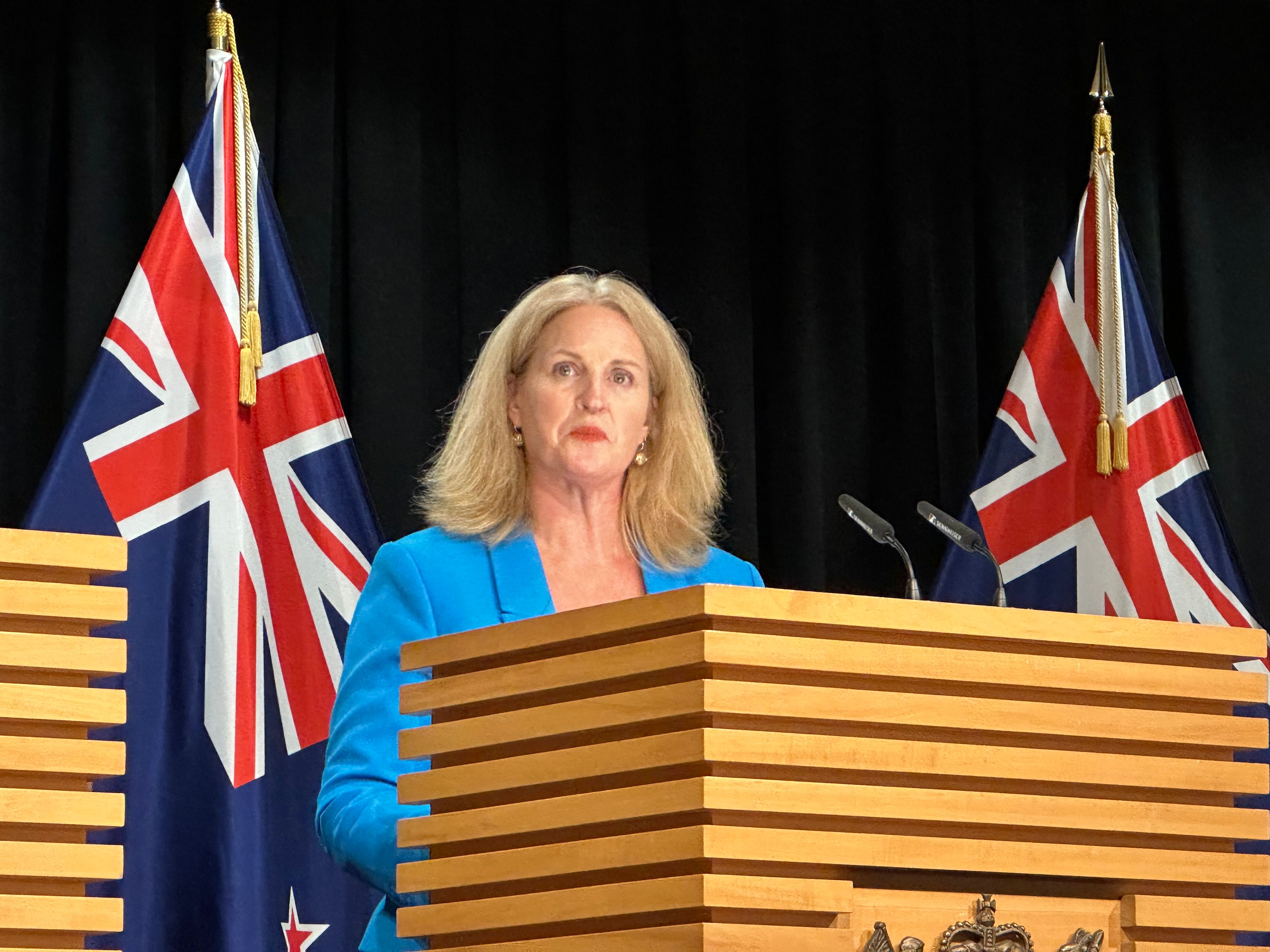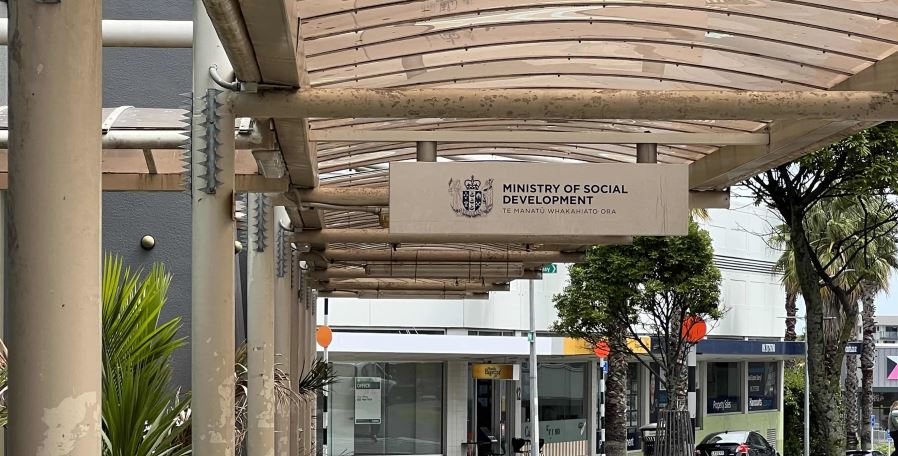

From left, Labour MP Carmel Sepuloni, Social Development Minister Louise Upston, and youth advocate Latayvia Tualasea Tautai.
Photo/Supplied
Punitive policy or pathway to employment?
The Social Security Amendment Bill, aimed at streamlining welfare obligations and supporting beneficiaries to work, has sparked a heated debate.



Green MP says the proposed immigration changes risks reigniting Dawn Raids trauma


'I don't want to travel anymore': Sāmoa government urged to reconsider fee hike


Pacific child poverty rises as Deputy PM points to economic growth as solution

Green MP says the proposed immigration changes risks reigniting Dawn Raids trauma


'I don't want to travel anymore': Sāmoa government urged to reconsider fee hike
Advocates from the Pacific community have raised concerns over a bill that the Government claims will help more people get into work and off benefits.
Earlier this month, the Social Security Amendment Bill passed its first reading.
It includes proposals for a mandatory reapplication cycle for Jobseeker Support every 26 weeks, money management sanctions, and community work requirements.
However, critics argue these changes could disproportionately affect Pacific and Māori communities.
Criticism from the Opposition
Labour MP Carmel Sepuloni has criticised the bill, calling it punitive and harmful, especially to Pacific families.
She highlights findings from the Regulatory Impact Statement (RIS), which ensures informed decision-making and considers potential consequences before laws are enacted.
“Pacific peoples are already more likely to have their benefits suspended or cancelled and more likely to have sanctions imposed upon them.
“We need to be really clear that actually when it comes to a reapplication process and the people that fall off benefit or go off benefit because of that, it's not necessarily because they have become ineligible.
“By and large, the report [RIS] says that it's because of what they call procedural denial, so it's doing the paperwork, it's getting the right documents in, it's about getting them in on time.

This bill proposes several amendments to the Social Security Act 2018 and Social Security Regulations 2018 when Labour was in government. Photo/Labour Party NZ
“Our [Pacific] families will be the ones that suffer as a result of these changes and as we have seen, they have already been disproportionately impacted by sanctions that are like in the past.”
Approximately 10 per cent of Jobseekers identify as Pacific. Compared to New Zealand Europeans, Pacific people are almost twice as likely to have their benefits suspended or cancelled due to the 26-week reapplication process.
Sepuloni also raised concerns over the support needed to meet the proposed changes.
“What we haven't seen is an increase in frontline staff at the Ministry for Social Development (MSD).
“In fact, they lost 712 staff who were supposed to be undertaking backroom functions.
“That's got to have an impact on the frontline staff, but the frontline staff are already under pressure.
“More than 30,000 additional people are on benefit seeking support from MSD frontline workers.

Carmel Sepuloni held the role as Minister for Social Development. Photo/Supplied
“That's not going to get any better… There will be more people unemployed and going on benefits.
“MSD are under pressure, and they said that to me during scrutiny week.”
Bill’s key provisions
The bill proposes several amendments to the Social Security Act 2018, including:
Jobseeker beneficiaries must reapply every 26 weeks (previously 52 weeks), with interviews required for eligibility assessment.
Up to 50 per cent of benefits could be placed on electronic cards, restricting spending to approved purposes.
Beneficiaries may be required to complete community work as a non-financial sanction for non-compliance.

The Government has been criticised over its handling of issues such as mental health. Photo/file
Community perspective
Community advocate Latayvia Tautai described the bill as scapegoating the poor.
“It's expensive to be poor, and moreover, public discourse is making it socially unacceptable to be poor,” she said, echoing late Green MP Fa’anānā Efeso Collins’ words.
“Instead of tackling the real issues and barriers to employment, like access to education, mental health, and affordable housing, this bill targets those on the benefit and pushes them deeper into poverty without providing meaningful support to actually stop that cycle.
“Research globally shows us that sanctions and work for the dull schemes fail to improve employment outcomes.
“For example, in the UK, people subjected to sanctions face worsened mental health and poverty without improving job prospects.
“So not only is it harmful, not only does it scapegoat people, it also just doesn't work.”
Watch Latayvia Tautai's full interview below.
She also criticised money management sanctions as stigmatising and impractical.
“The reality is for a lot of people, because of the state of housing in Aotearoa New Zealand, their rent and their accommodation is more than 50 per cent of their total income.
“And that's not taken into account in terms of this payment card. So, it can't be redirected to rent or to addressing debt.
“And those are some of the details that people don't really get told but also this kind of measure assumes that people on the benefit can't manage their own finances.”
Government’s defence
The Minister for Social Development, Louise Upston, defended the bill, framing it as a proactive effort to help beneficiaries transition to work.
“For those who can work, having a job is the best pathway out of hardship,” she said.

MSD Minister Louise Upston. Photo/Ala Vailala
She emphasised that the new sanctions are non-financial, allowing beneficiaries to retain full payments while under sanction.
The minister highlighted initiatives like the Pacific Prosperity action plan and community-led employment programmes as evidence of the Government’s commitment to supporting Pacific communities.
“Pacific people experience unemployment at rates disproportionate to their representation in the working-age population, so increasing the number of people shifting off benefits and into work will be good for the Pacific community.
“MSD also works with the Ministry for Pacific Peoples and Pacific community organisations to deliver employment programmes that are focused on supporting Pacific women, youth, parents, and disabled people.
“Earlier this year, $7 million was provided for 13 community-led programmes to help Pacific communities prosper by supporting more people into work.
“These initiatives will equip more than 900 Pacific people with skills in high-demand sectors such as technology, healthcare, education, and construction.”
She also argued that reducing the reapplication cycle to 26 weeks simplifies the process and reduces procedural denials.

Photo/PMN News/Candice Ama
“The reapplication process exists to help job seekers because it provides an opportunity for MSD to assess how their job search is going and whether they are receiving the right support.
“Currently, this only happens once a year, and for those job seekers who don’t have a case manager, this can be the only time MSD provides this employment support.
“Community work experience as a non-financial sanction is a new concept untried anywhere else and has been designed to reduce these risks.
“It is an opportunity for clients to build up their skills and confidence and to make valuable connections into the community.”
What are the next steps for the bill?
Currently, the bill is at the Select Committee stage, receiving submissions from the public.
Submissions close at 11.59pm on Friday, 10 January 2025. Make a submission here.